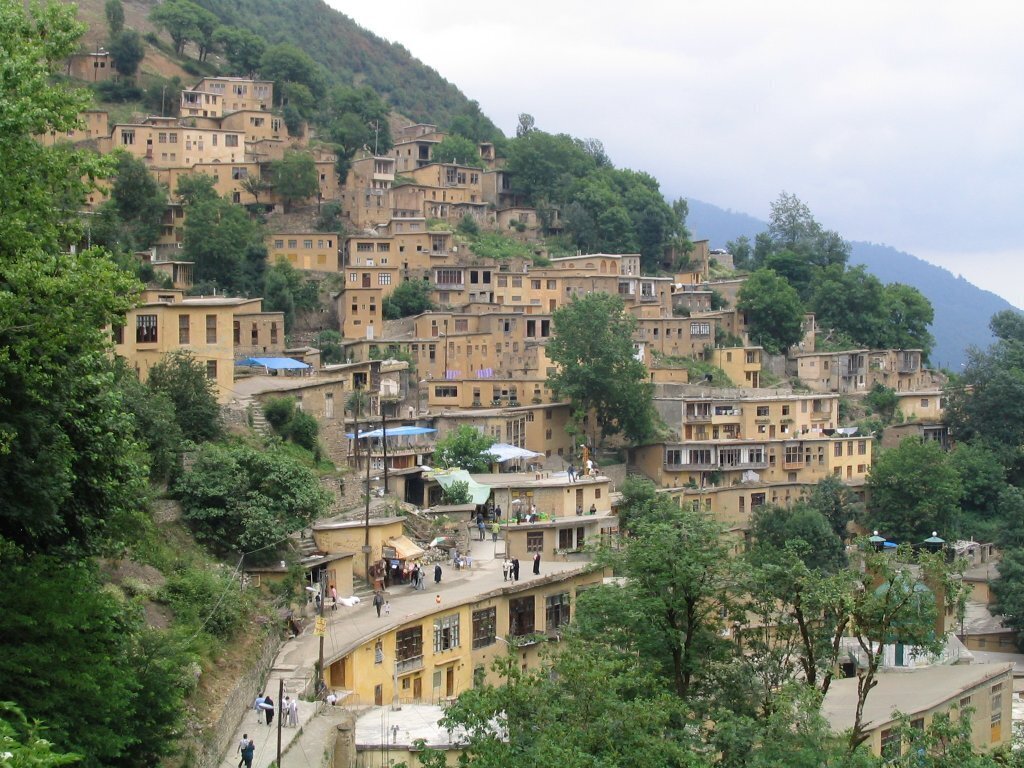Ancient metalworking workshop unearthed in northern Iran

TEHRAN – An archaeological team has discovered a historic industrial workshop with evidence of metalworking near the ancient village of Masuleh, located some 2,500 meters above sea level in the Gilan province.
The findings shed light on the region's industrial and economic significance during the Islamic medieval period, Mehr reported on Monday.
Vali Jahani, the providential tourism chief, stated that the discovery was made during ongoing archaeological studies aimed at advancing Masuleh's effort to gain a UNESCO World Heritage status.
The excavations, led by Behzad Alitalash, uncovered iron-smelting furnaces and evidence of steel production in the Siyapasieh area, indicating a sophisticated local industry with possible regional and interregional trade connections.
These findings highlight the importance of iron as a strategic material in antiquity, which played a crucial role in social and political dynamics, Jahani explained.
The official also emphasized the discovery’s potential to reshape understanding of Masuleh's historical role as a significant industrial center in the region.
Archaeological evidence suggests the production of iron and steel exceeded local demand, hinting at extra production and trade. Researchers are employing laboratory and comparative analysis methods to explore the scale and scope of these interactions, the official noted.
Masuleh, known for its unique stepped architecture, was registered on Iran's National Heritage List in 1975 and temporarily added to UNESCO’s heritage list in 2007. The current discoveries may bolster Masuleh’s case for full UNESCO World Heritage status, a long-standing goal for local heritage advocates.
Historically, Masuleh also played a strategic role during the Qajar era, functioning under governmental oversight to supply artillery ammunition. Recent discoveries of sponge iron production—a technique dating back to the Parthian period—further underscore the area’s rich industrial history.
AM
Leave a Comment